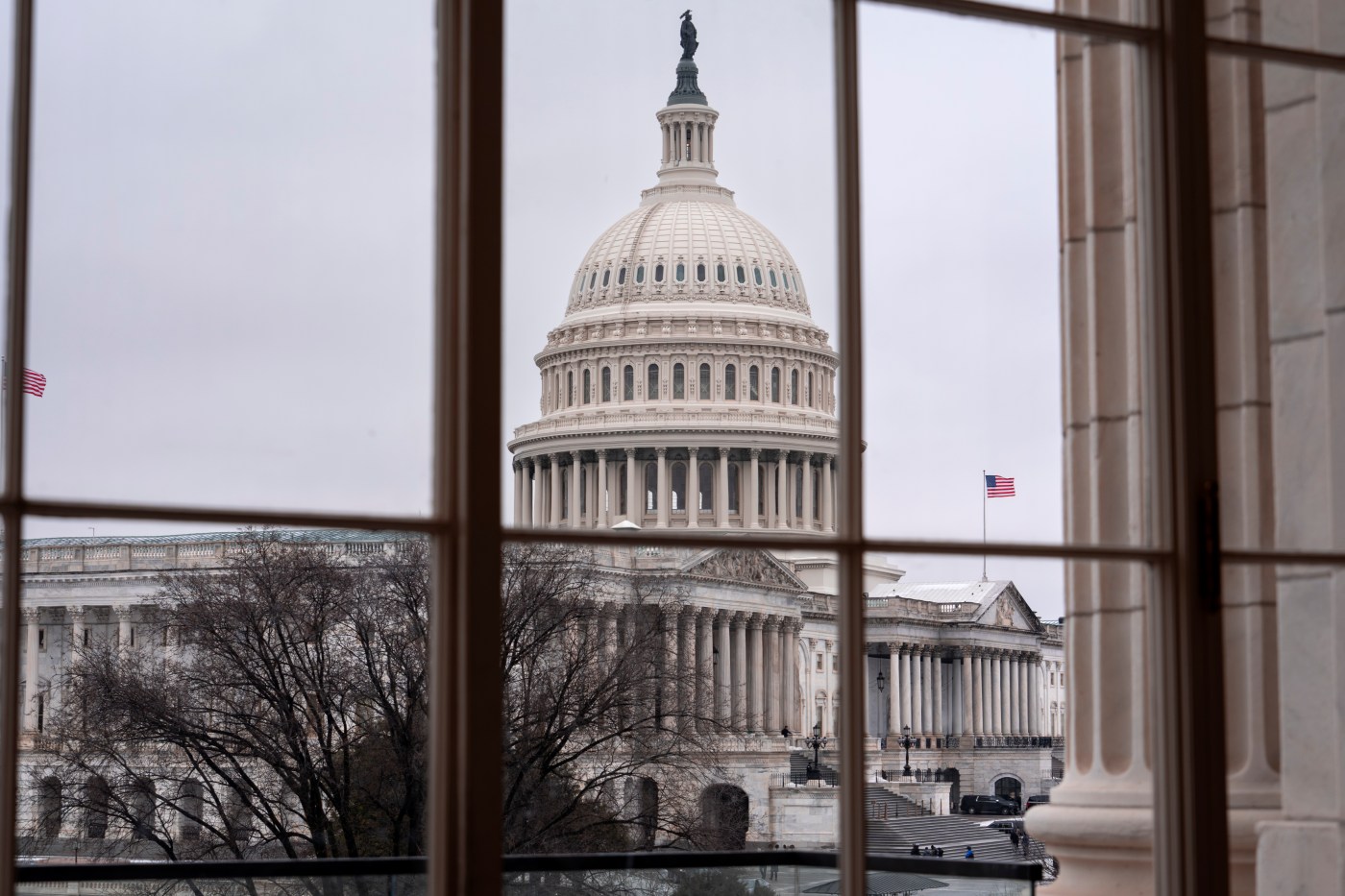
Ekstrom: Term limits can restore public service to politics
Elected office in America was never meant to be a lifelong career. Our Founding Fathers envisioned a system where citizens would temporarily step into public service, offer their expertise, and then return to private life. Public service was about duty, not personal gain.
Yet today, too many politicians have turned office into a personal empire and are using their incumbency to hold onto power, climb the political ladder, and even amass wealth at the expense of the people they were elected to serve.
The results of this broken system are clear. Instead of fresh ideas and new perspectives, we get career politicians who prioritize self-preservation over the needs of their constituents.
Too many lawmakers focus on securing their next election rather than policies that benefit the American people, currying favor with special interests, and leveraging their position for financial gain. They profit from insider knowledge, sweetheart deals, and, later, lobbying jobs, all while the typical American struggles to be heard. This is not what public service was meant to be.
The American people want limits on the time politicians can serve. Polling confirms this issue has broad, bipartisan appeal. A recent RMG Research poll found that 83% of Americans support term limits for Congress, with support spanning party lines. A Pew Research poll showed even more substantial support, with 87% in favor.
Election results have also echoed this sentiment. In 2024, many candidates (Republicans and Democrats) were elected to state and federal offices on pro-term-limits platforms. The voters are demanding change, and it’s time for lawmakers to listen.
There are two primary ways to implement congressional term limits. Congress can propose an amendment through a two-thirds’ vote in the House and Senate, after which three-fourths of the states must ratify it. Alternatively, at least two-thirds of state legislatures can call for a convention to propose an amendment, which would also require ratification by three-fourths of the states.
There are resolutions in both chambers of Congress that advocate for term limits. In the House, the resolution would limit House members to three terms, or six years, and senators to two terms, or 12 years. In the Senate, a companion to the House resolution has 15 co-sponsors.
Yet, Congress is unlikely to term-limit itself voluntarily. That’s why action at the state level is so critical. Nine states had already passed resolutions calling for a convention to impose term limits on Congress. In 2024, Indiana and South Dakota added their names to the list. As more states take action, the pressure on Congress will intensify, just as when states pushed for presidential term limits.
The push for term limits is not without precedent. During the 1944 presidential election, Thomas Dewey, challenging Franklin D. Roosevelt’s bid for a fourth term, proposed a constitutional amendment to limit presidents to two terms. While Dewey lost, his idea gained traction. As states began taking action to propose such an amendment, Congress preemptively acted to pass the 22nd Amendment in 1947, and it was ratified by the states in 1951.
The numbers paint a clear picture. The re-election rate for incumbents in Congress hovers near 99%, and most members serve well over 10 years. The longer politicians remain in office, the more disconnected they become from everyday Americans. Term limits would reverse this trend by ensuring that open-seat races are held regularly, bringing fresh energy, ideas and perspectives to Washington.
Additionally, term limits would dismantle the top-down power structure prioritizing seniority over merit. Newer members of Congress would have a real opportunity to lead rather than being relegated to the sidelines by career politicians who have entrenched themselves in powerful committee positions.
The movement for term limits is growing stronger. As more states pass resolutions calling for a constitutional convention, Congress will have a choice to act or risk having the states take action for them.
Term limits are a nonpartisan issue. It is an American issue. The American people want representatives who are focused on service, not self-preservation. The best way to restore trust in government and break the cycle of career politics is to ensure that no one stays in Washington for a lifetime. The era of career politicians must come to an end. It’s time for term limits.
Chris Ekstrom is a board member of U.S. Term Limits/InsideSources


